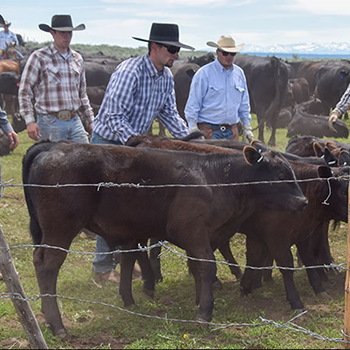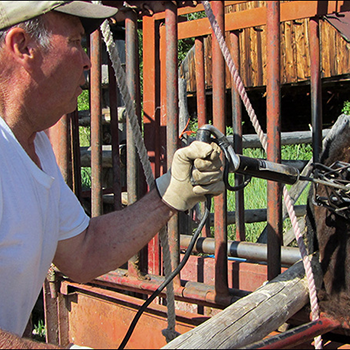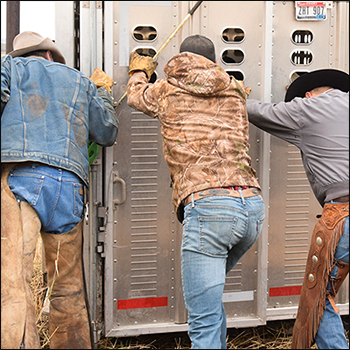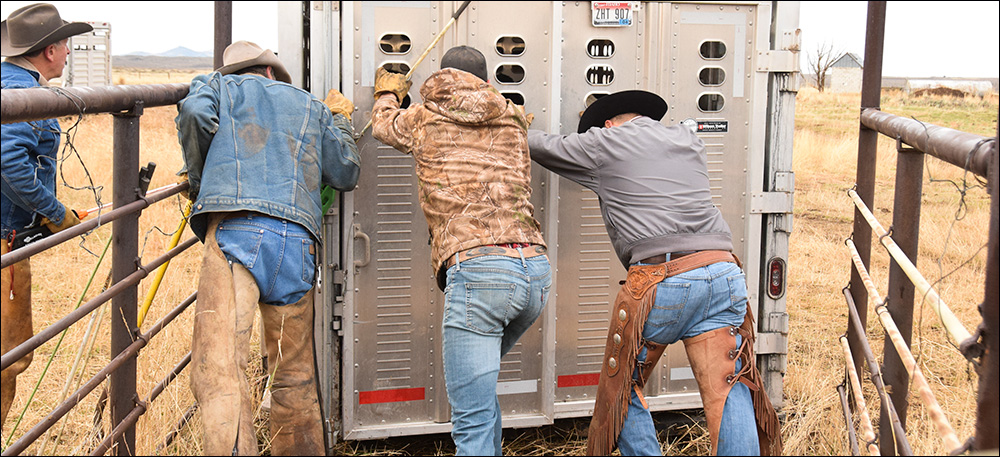
The Rising Rates of Death by Suicide in Agriculture
Experts offer tips for addressing suicide in rural America.
Rural America’s suicide rates are rising, and for a number of reasons. How we as loved ones, neighbors, co-workers and community members work to address that fact will affect the future. If we do our best, maybe we can even turn the tide.
Rates
The state of Colorado has been a leader in the prevention of rural suicides. According to the 2019-2020 Annual Report of the Office of Suicide Prevention at the Colorado Department of Public Health and Environment, many people will have thoughts of suicide at some point in their lives. The majority of those will not make an attempt, and of those who do attempt suicide and survive, 90% will not go on to die by suicide.
States the report: “Recovery is possible and happening every day across the state.”
Suicide ranks seventh as a cause of death for all Coloradans, with 1,287 suicides in 2019, according to the report. Adults between the ages of 25 and 64 made up 70% of all suicide deaths in 2019. Males represented 76% of suicide fatalities across every age group.
The Colorado agriculture, forestry, fishing and hunting industries experience suicide rates second only to the construction industry.
Seeing the signs
Laura Talley, a Kansas licensed doctor of psychology, says someone contemplating suicide will have a sense of hopelessness and of not wanting to be a burden on themselves, society or their family. People serious about suicide get rid of things once important to them, like pets, she adds. They get their paperwork in order. They put things in place to make it easier on their loved ones. They might make decisions that seem odd for someone in their life stage.
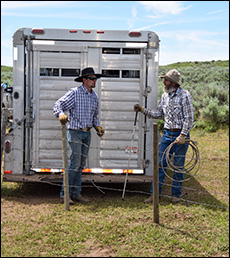 |
Having an uncomfortable conversation about whether someone is contemplating hurting themselves is one of the first steps to addressing the problem. |
Specialist Clinical Social Worker Melba Sutton adds that a person may start to withdraw from their family and things they once enjoyed. They may increase use of drugs and alcohol, experience disturbed sleep, experience a change or loss of appetite, and/or voice physical health complaints.
Seeing the signs in someone else or recognizing them in yourself means you have an obligation, to yourself most of all, to get help.
Stepping up
If you are struggling with thoughts of suicide, the time has come to step up and reach out for assistance. Yes, that’s not your nature. Yes, it will be hard. Yes, it will require time, effort and uncomfortable conversations. Yes, it will help.
If you are struggling with a loved one who is contemplating suicide, you need to ask some tough questions.
Talley says, first ask yourself, “Could they be thinking of killing themselves?”
If that answer is yes, then you need to ask them.
“You’re not going to put an idea in their head and cause it to happen by saying ‘Are you ok? Are you thinking of hurting yourself?’ ” she says.
Adrienne DeSutter, a farmer and certified school counselor in rural Illinois who advocates for rural mental health, acknowledges that asking such a question is always uncomfortable, even for a professional, but it is imperative.
“You have to get out of that comfort zone because statistically when a person hears someone ask them, ‘Are you thinking of suicide?’ They finally feel more understood. They finally feel someone sees them and sees the pain that they are going through and how deep that is.”
A heartbreaking, heart-wrenching fact is that we have all been affected by suicide. A truth of this life is our own agency. It is ultimately an individual’s choice to march onward or not. We all make choices every day. Choosing to lift where we stand will always prove a blessing.
If you are experiencing mental health crisis and/or feeling suicidal, please reach out and talk to someone. Call the 988 Suicide & Crisis Lifeline at 988 or chat online at Lifeline Chat.
Editor’s note: Paige Nelson is a freelance writer and a cattlewoman from Rigby, Idaho.
